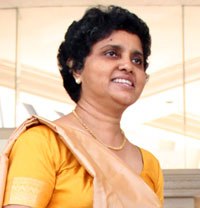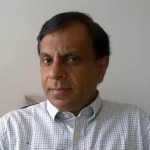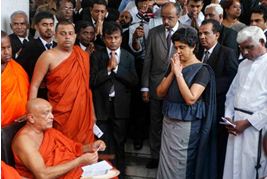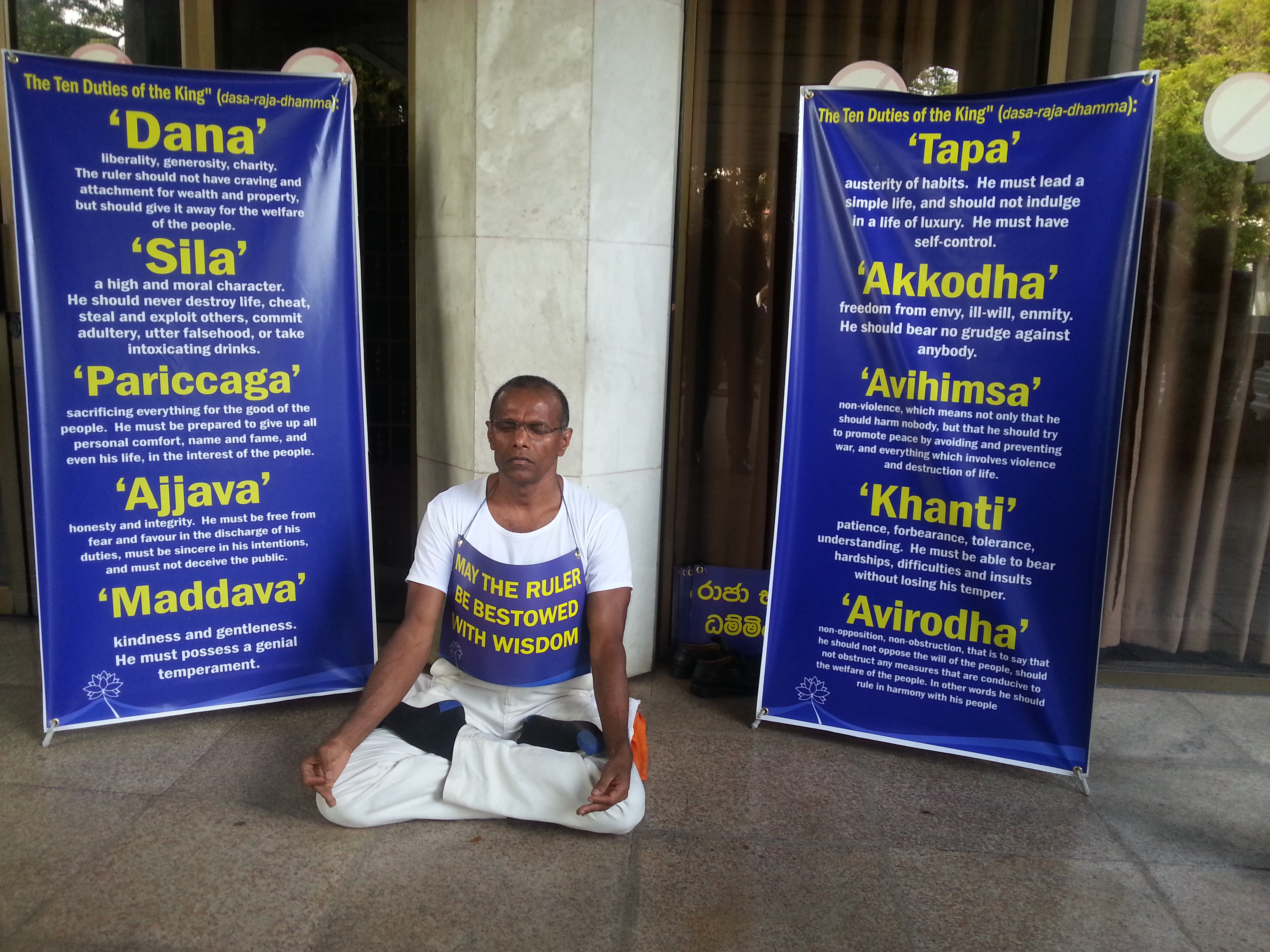By Nihal Jayawickrama -
We do not seem to appreciate the fact that in this country it is the Constitution that is supreme; not the President, not Parliament; not the Judiciary, but the Constitution. It is explicitly stated in its preamble, that the Constitution is the supreme law of the Democratic Socialist Republic of Sri Lanka. It means not only that every institution of government is subject to the Constitution, but also that all power flows only from the Constitution. The legislative power exercised by Parliament, the executive power exercised by the President, and the judicial power exercised by courts and other institutions established by law, are derived from, and defined by, the Constitution.
The Constitution also makes it explicit that only the Supreme Court has “sole and exclusive jurisdiction” to hear and determine any question relating to the interpretation of any provision of the Constitution. If any such question were to arise in the course of any proceedings in any other court, tribunal or institution that is performing a judicial or quasi-judicial function, such question is required to be referred forthwith to the Supreme Court. Under the 1972 Constitution, it was the Constitutional Court that performed this task. When that Court was examining the Press Council Bill, a question arose whether the requirement to convey its decision to the Speaker within 14 days of the reference was mandatory or directory. Amidst angry rumblings in the National State Assembly where the Speaker had ruled that it was directory, the President of the Court declared that the Court would sit even until doomsday, until all the counsel had been heard, because, as he explained:
”The duty of interpreting the Constitution is ours and ours alone. To interpret it, we have to first understand it. For that understanding, we have to rely on our own judgment, assisted, if need be, by the opinions of learned counsel. Any other course of action involves an abdication of our own functions. It therefore follows that our duty by the Constitution and the People in whom Sovereignty resides, is to continue to perform the function which the Constitution enjoins on us. That we intend to do.”
It is from the Constitution (unlike in England) that the three principal branches of government derive their powers. Legislative power is exercised by Parliament and by the People at a Referendum. Executive power is exercised by the President elected by the People. Judicial power is exercised by “courts, tribunals and institutions, created and established, or recognized, by the Constitution, or created and established by law”. The only exception is in respect of the privileges, immunities and powers of Parliament and of its Members, where “judicial power may be exercised directly by Parliament according to law”. When Article 4 of the Constitution states that judicial power is “exercised by Parliament through courts and other institutions” that are “created and established by law”, it obviously means that judicial power is exercised by Parliament, not directly, but through institutions that it has created and established by law.
Two important consequences flow from Article 4. Any institution seeking to exercise judicial power must be established by “law”. Even the determination and regulation of the privileges, immunities and powers of Parliament is required to be by “law”. In fact, Article 67 of the Constitution states that until these are determined and regulated by law, the Parliament (Powers and Privileges) Act of 1953 shall apply. There can be no confusion about what “law” means. Article 170 of the Constitution defines “law” to mean any Act of Parliament and any law enacted by any previous legislature. It does not include the standing orders of Parliament.
Why then does Article 107 of the Constitution give Parliament the option of acting either through law or standing orders in providing for matters relating to the presentation of an address for the removal of a Judge, “including the procedure for the investigation and proof of the alleged misbehaviour“? The answer to that question appears to be quite simple. If Parliament chooses the option of legislating, it may do, for example, what the Indian Parliament did by the Judicial Standards and Accountability Act of 2012. That is, establish a National Judicial Oversight Committee to which the Speaker of the Indian Parliament is now required to refer any charge of misbehaviour or incapacity against a Judge. That law has prescribed a detailed procedure for the investigation of such charge.
Alternatively, if Parliament decides to proceed by way of standing orders, it may provide for the Speaker to refer the charges to an existing institution vested with judicial power, such as the Supreme Court, as is the case in respect of a resolution for the removal of the President under Article 38 of the Constitution. It cannot, by standing order, establish, say, a new tribunal or other institution for this purpose since, under Article 4, that can only be done by law.
What Parliament also cannot do, is what Standing Order 78A purports to do. It cannot establish a Select Committee of Parliament to investigate the charges and report whether or not the offence of “misbehaviour” has been proved. This is because a Select Committee is not “a court, tribunal or other institution created or established by law to exercise judicial power”. That was why, in 2000, by common consent of all the political parties, provision was sought to be made in the Constitution itself for an inquiry to be held, in the case of the Chief Justice, by three persons who hold, or have held, office in the highest court of a Commonwealth country; and in the case of any other Judge, by three persons who hold, or have held, office in the Supreme Court or Court of Appeal. This option was proposed by the United Front Government for the specific purpose of remedying the defect contained in Standing Order 78A.
There are sound reasons why a Select Committee is not competent to find a Judge guilty of “misbehaviour”. A tribunal that is called upon to determine whether a charge of “misbehaviour” is proved, has to address three other questions before it can proceed to do so.
The first is the meaning and content of “misbehaviour”, an offence not defined in our law. It will be necessary to identify the precise elements that constitute “misbehaviour”, perhaps by reference to relevant decisions of courts in other jurisdictions. Without identifying these elements, it is not possible to proceed to the next stage, which is investigation. The purpose of the investigation is to apply the law to the facts as presented by the accusers, in order to determine whether the offence of “misbehaviour” has been committed.
The second is the degree of proof that is required. Is it a balance of probability, or proof beyond reasonable doubt? This matter needs to be clarified before proceedings begin, because on that will depend the nature, quality and quantity of evidence required. Will a layman serving on the Select Committee be able to distinguish between these two standards of proof?
The third is the burden of proof. On whom does it lie? Under our law, the burden always lies on the person who makes the accusation; in this instance, the 117 members of the government parliamentary group. Every person is, under our Constitution, “presumed innocent until he is proved guilty”. Standing Order 78A, on the other hand, states that the Judge who is accused “may adduce evidence, oral or documentary, in disproof of the allegations made against him”. To require an accused person to disprove the charge against him, is to turn our system of justice on its head. Under Article 13(3) of the Constitution, it is only by law (and not by standing order) that Parliament may place the burden of proving particular facts on an accused person. On that ground, the standing order is clearly unconstitutional.
The determination of these three questions is a classic example of the exercise of judicial power. It is no different to the situation envisaged in Article 36 of the Constitution where the Supreme Court will need to make similar determinations before a resolution to remove the President from office is voted upon in Parliament.
In this connection, it may be pertinent to recall the celebrated conversation that Sir Edward Coke, Chief Justice of England, had with King James I in 1607. The King asserted that he was competent to exercise judicial power. The Chief Justice records thus:
* Then the King said, that he thought the law was founded upon reason, and that he and others had reason, as well as the Judges:
* To which it was answered by me, that true it was, that God had endowed His Majesty with excellent science, and great endowments of nature; but His Majesty was not learned in the laws of his realm of England, and causes which concern the life, or inheritance, or goods, or fortunes of his subjects, are not to be decided by natural reason, but by the artificial reason and judgment of law, which law is an act which requires long study and experience, before that a man can attain to the cognizance of it; and which protected His Majesty in safety and peace:
* With which the king was greatly offended, and said, that then he should be under the law, which was treason to affirm, as he said.

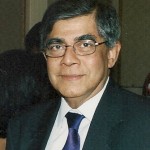
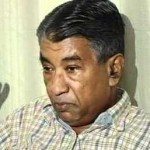

.jpg)



